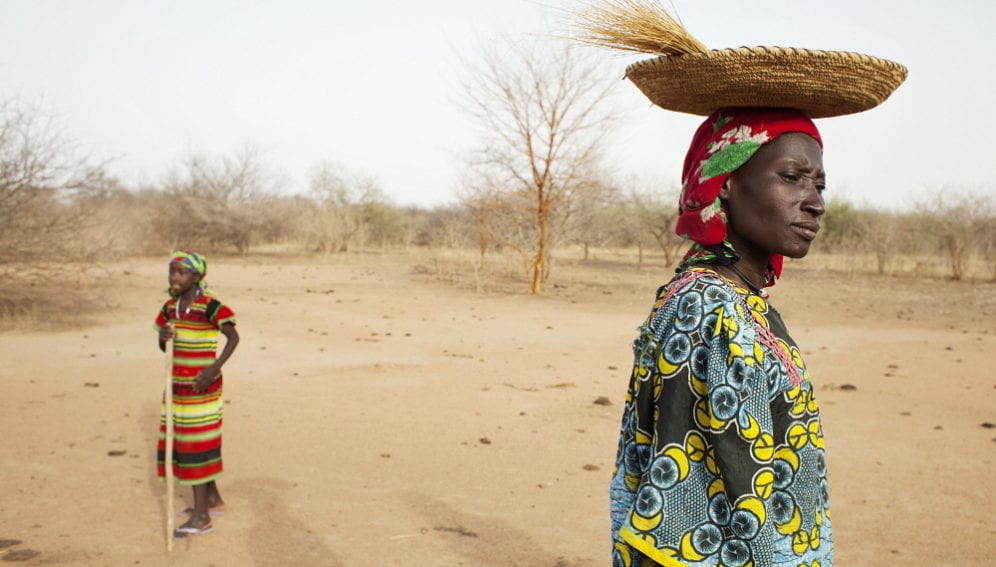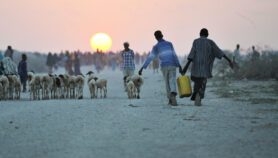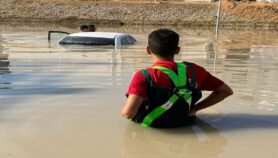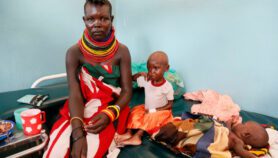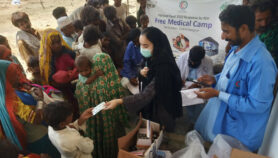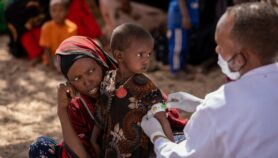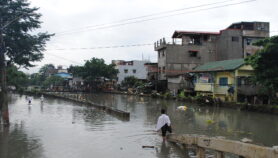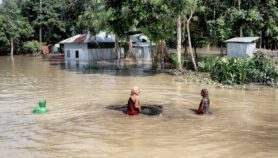By: Maina Waruru
Send to a friend
The details you provide on this page will not be used to send unsolicited email, and will not be sold to a 3rd party. See privacy policy.
[NAIROBI] African governments are committing insufficient funding for disaster monitoring and management despite many placing disaster risk reduction high on their national agenda, a UN official has said.
And the elaborate disaster monitoring and response systems that most countries have put in place are mainly directed at drought, overlooking the various other disasters that threaten the continent, according to Animesh Kumar, Africa programme officer for the UN Office for Disaster Risk Reduction (UNISDR).
“Although the institutionalisation of disaster risk reduction has been high on the agenda of many African countries, there are still inadequate budgetary commitments for the integration of disaster risk reduction measures in typical government line functions and ministries,” Kumar tells SciDev.Net.
The revelations come as governments and the UN are drawing up a post-2015 disaster risk action plan to succeed the Hyogo Framework for Action. In December, UNISDR published a report detailing proposed elements for this plan. The main issues to feature are starting to emerge.
The report proposes, among other things, an enhanced monitoring system to help avoid some of the current framework’s weaknesses, such as subjectivity and a disconnect between monitoring disaster risk and progress on the Millennium Development Goals and the UN Framework Convention on Climate Change.
Improved monitoring should be more prospective and anticipatory and allow an assessment of whether countries are addressing underlying risk drivers and avoiding the build-up of new risks, it says.
The report adds that “the availability of open source and open access science‐based risk information and knowledge” will be a guiding principle in this process.
The progress on disaster risk preparedness has been uneven in Africa, but there are success examples, according to Kumar.
Ethiopia stands out in having developed an elaborate disaster early warning and preparedness system, he says, while Mozambique has set up a flood early warning system.
Some countries, such as Nigeria, have integrated disaster risk reduction into school curriculums, and island states in the Indian Ocean have launched innovative risk management frameworks, says Kumar.
“Further, while [many] African governments have an overall shortage of funds for longer-term recovery [from disaster], the post-disaster recovery programmes of countries like Malawi, Burkina Faso, Morocco, Mali, Seychelles, Madagascar and Cape Verde explicitly incorporate and budget for disaster risk reduction,” he adds.
In addition, Africa as a whole is doing well in developing its joint position to the post-2015 framework after successful regional and subregional consultation, Kumar says.
The next steps include fine-tuning this position, followed by its endorsement through the 5th Africa Regional Platform for Disaster Risk Reduction in May organised by UNISDR’s regional office for Africa.
Kumar adds climate change has played a major role in altering risk in Africa, and calls for science to be deployed to manage disaster and enhance coping mechanisms.
“Science and technology is becoming more significant for early warning systems and weather monitoring,” he says. “[As well as] developing affordable technologies, it is important to harness the existing wealth of indigenous knowledge among communities.”
Tawfik Mohamed, head of Hydrolic Cycle Observation System, which monitors flooding at the Intergovernmental Authority for Development (IGAD) says: “While funding is a challenge, better awareness of disaster risk reduction and cooperation between countries could compensate for lack of money to put in place measures to respond to, and recover from, disaster.
“At IGAD we have well developed structures and institutions that help governments predict, manage and respond to disasters and we have closely supported regional governments in all weather related matters,” he says.
> Link to UNISDR report


